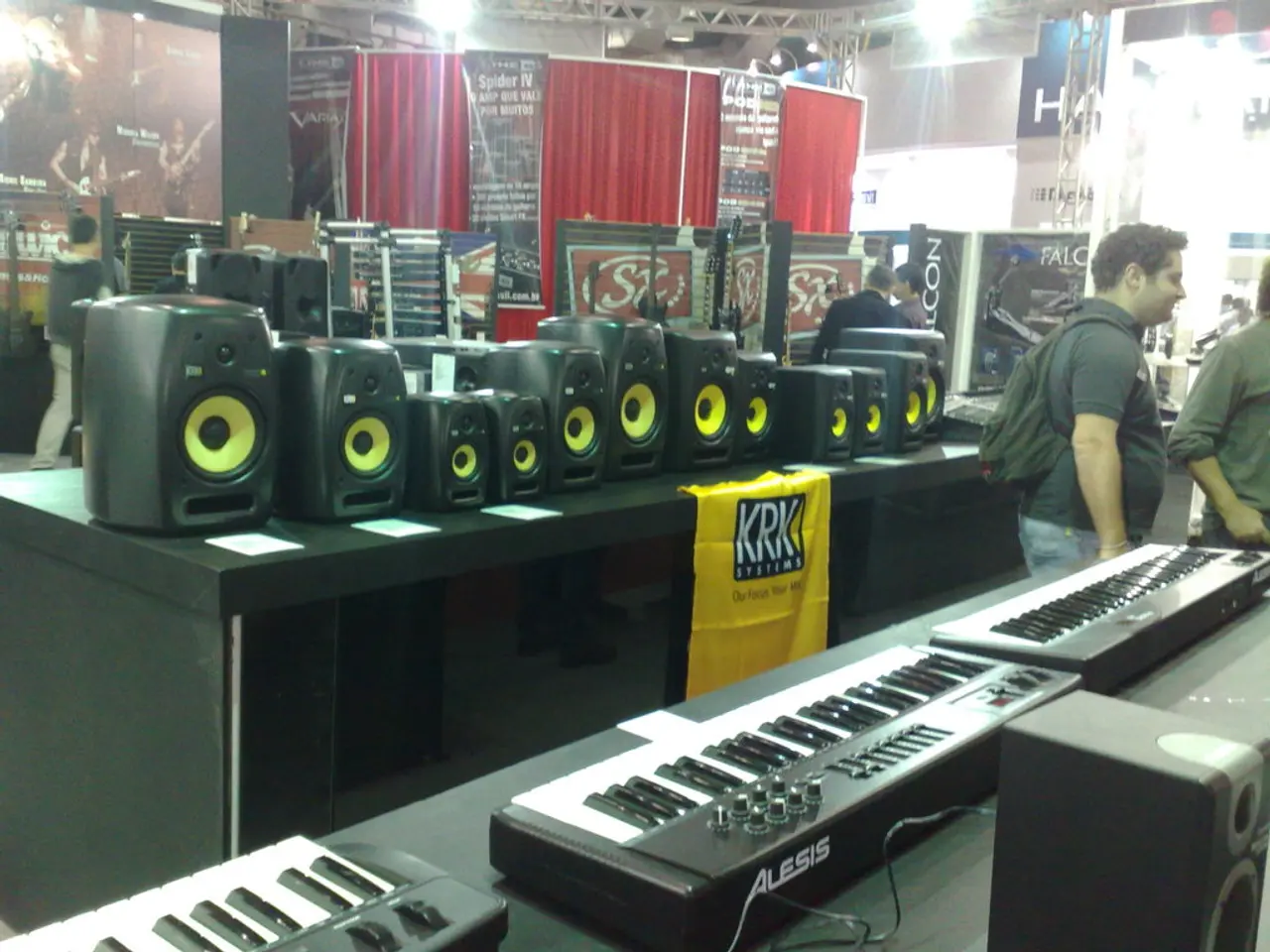Stock price surge for Dax, with Carl Zeiss Meditec experiencing a decline
Europe's stock markets, including the Dax and Euro Stoxx 50 Index, have shown a buoyant mood in recent times, driven by several economic indicators and quarterly earnings reports.
The strong corporate earnings, particularly from carmakers such as Porsche, Mercedes-Benz, VW, BMW, and Stellantis, have supported gains in the Dax and broader European markets. For instance, Stellantis and other automakers have been prominent leaders in recent rally days. Additionally, companies like Informa PLC in the UK raised dividends and announced buybacks alongside strong interim results, contributing to positive sentiment in related sectors.
The announcement of the US-Japan trade deal has also helped boost European stocks, with optimism about trade prospects enhancing export-driven sectors like automotive and luxury goods.
The STOXX Europe 600 and related indexes have benefited from relatively attractive valuations and improving fundamentals, underpinning the recent gains across European equities. Despite some cautious views on slowing economic growth in sectors like industrials, valuation improvements and earnings upgrades on many stocks support the positive mood.
Although there have been some minor pullbacks, such as the Dax dropping 0.34% on August 11, 2025, the general trend over July into early August 2025 has been gains driven by solid earnings releases and trading optimism. The Euro Stoxx 600 was up 0.9%, and France’s CAC 40 led with 1.2% gains linked to strong performances from luxury and industrial stocks.
However, not all companies have fared equally well. The market reacted to Carl Zeiss Meditech's results with disappointment, causing the share price to fall by more than 10%. Currency- and acquisition-adjusted sales increased by only 1.1% for the medical technology company.
On a more positive note, Siemens' revenue increased by 5% to 19.4 billion euros on a comparable basis, driven by strong demand for trains and railway technology. Large orders for trains and rail technology boosted Siemens' orders by 28% to 24.7 billion euros. However, profits in the automation division Digital Industries fell more sharply than expected.
In the telecommunications sector, Deutsche Telekom's revenue for the second quarter climbed 4% to €28.7 billion. Net income for the period from April to June was 2.24 billion euros, 5% higher than a year ago.
Despite the decline in production in June, mainly attributed to declines in mechanical engineering (-5.3%), the pharmaceutical industry (-11%), and the food industry (-6.3%), the energy production sector saw an increase of 3.1% in June.
In summary, strong quarterly results in key sectors, improved corporate fundamentals, positive trade news, and relatively attractive valuations are the primary economic and earnings factors boosting investor confidence and driving the buoyant mood in the Dax and Euro Stoxx 50 Index through mid-2025.
The strong performances of European automakers, such as Stellantis, Porsche, Mercedes-Benz, VW, and BMW, have fueled gains in the Dax, with their impressive quarterly earnings supporting this trend. Furthermore, advancements in technology, particularly within the telecommunications sector, have been instrumental in driving the positive sentiment in European equities, as demonstrated by Deutsche Telekom's revenue growth.




